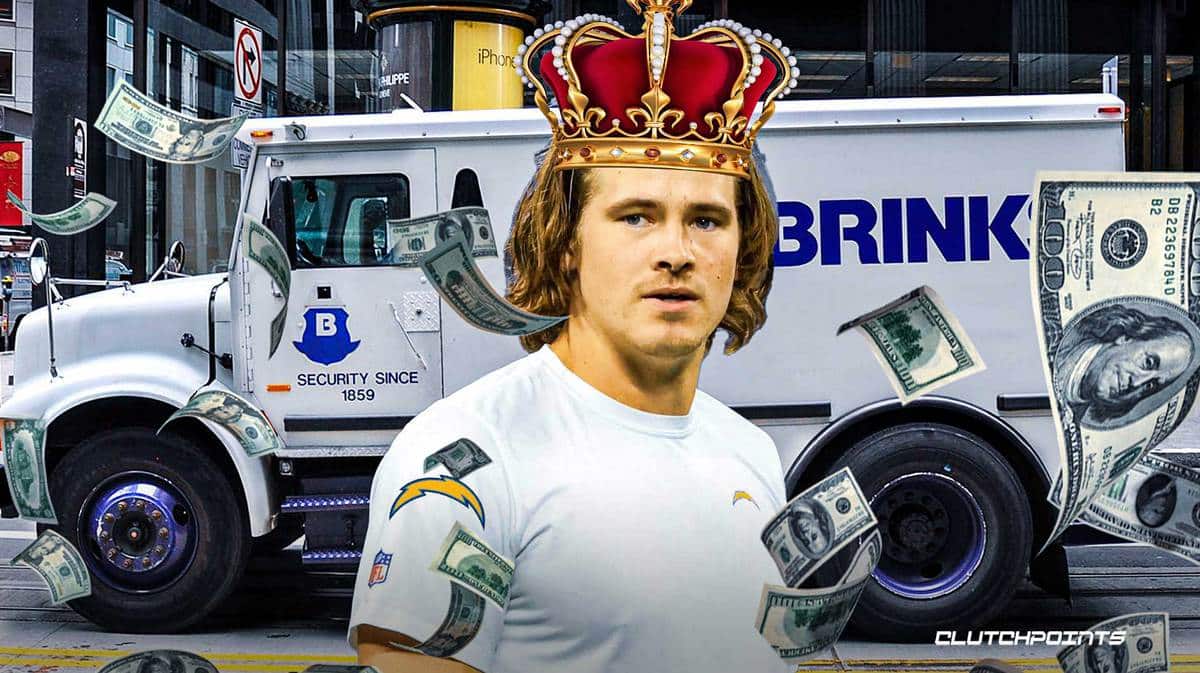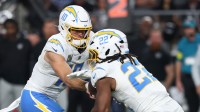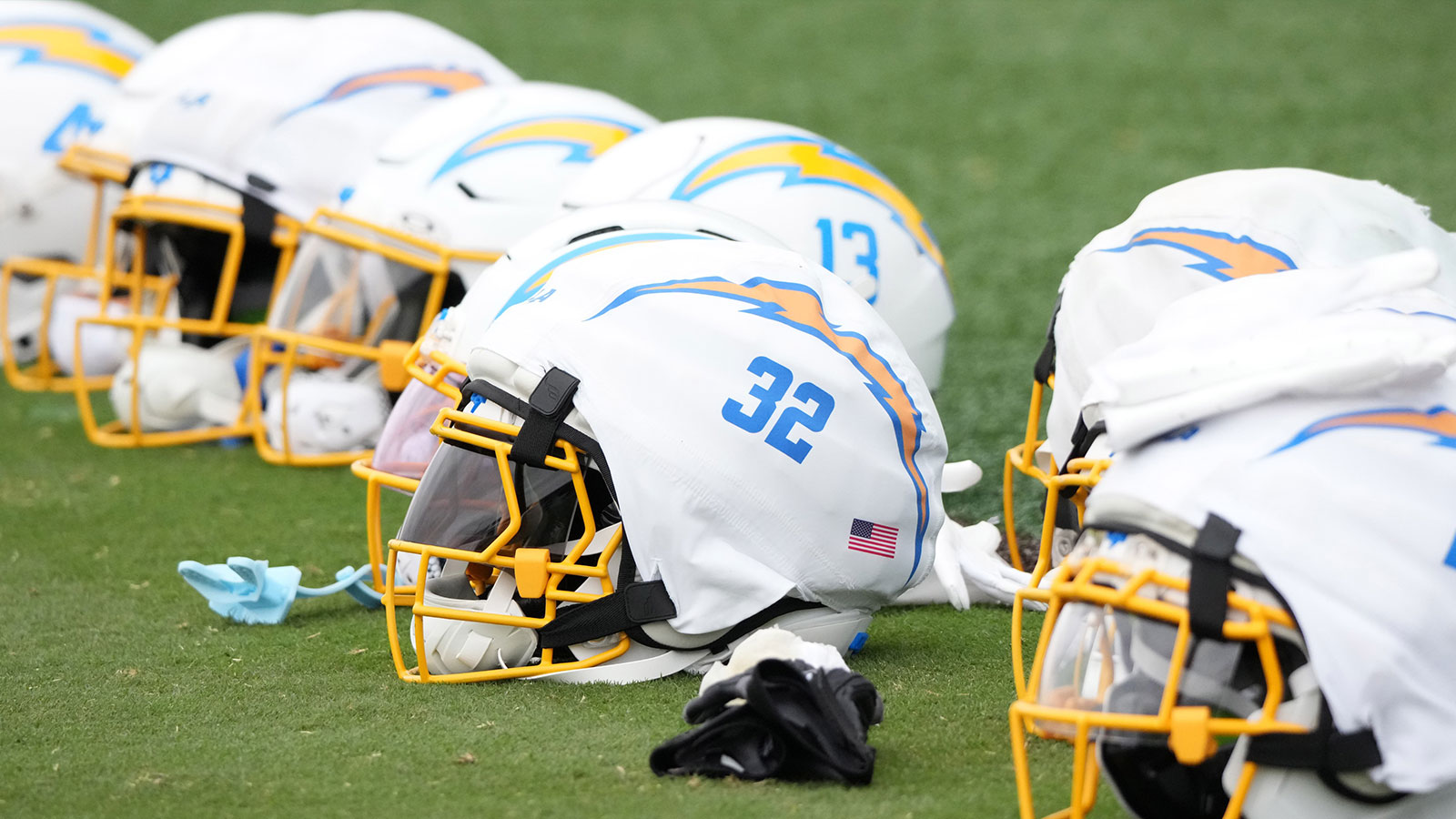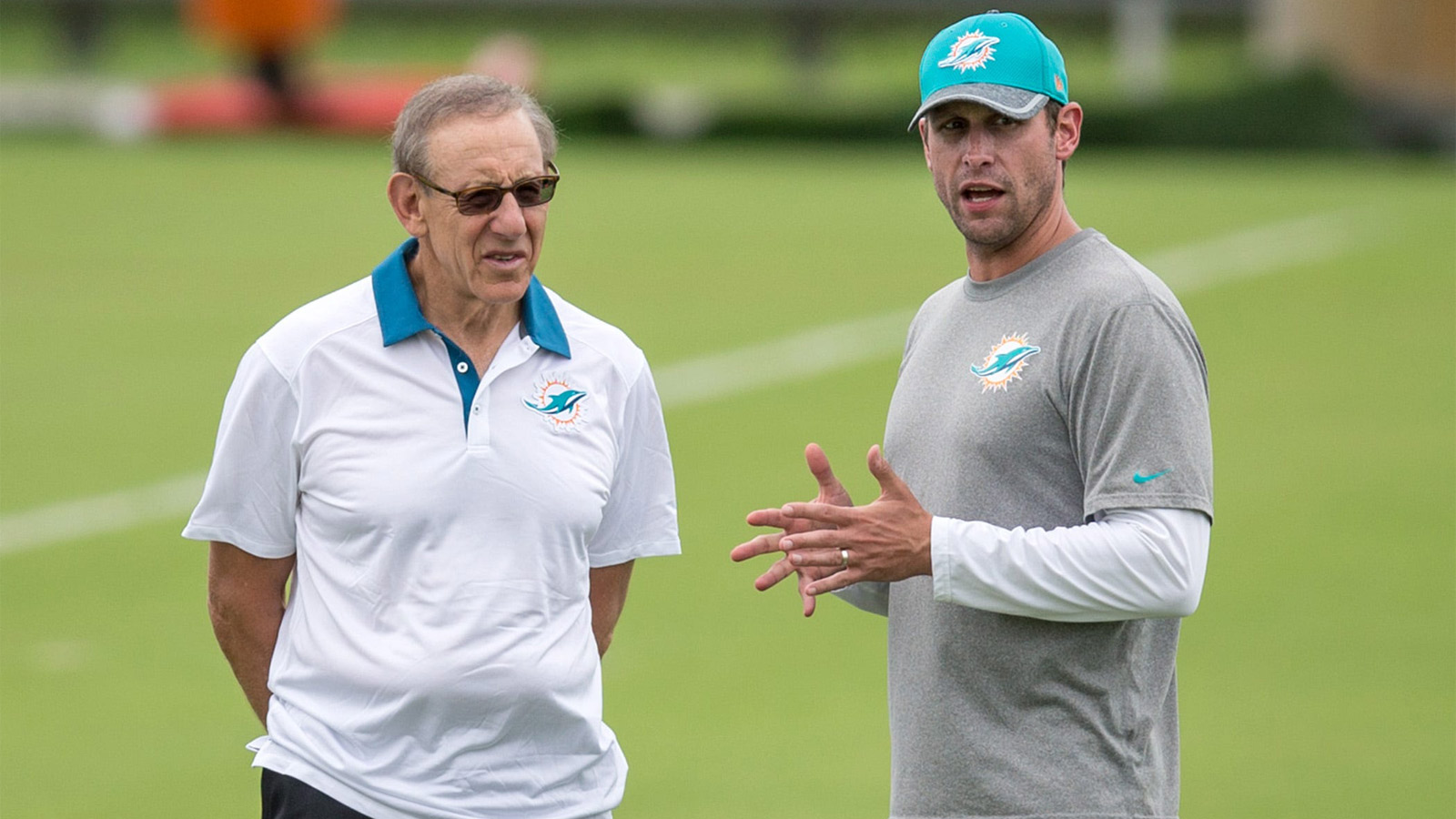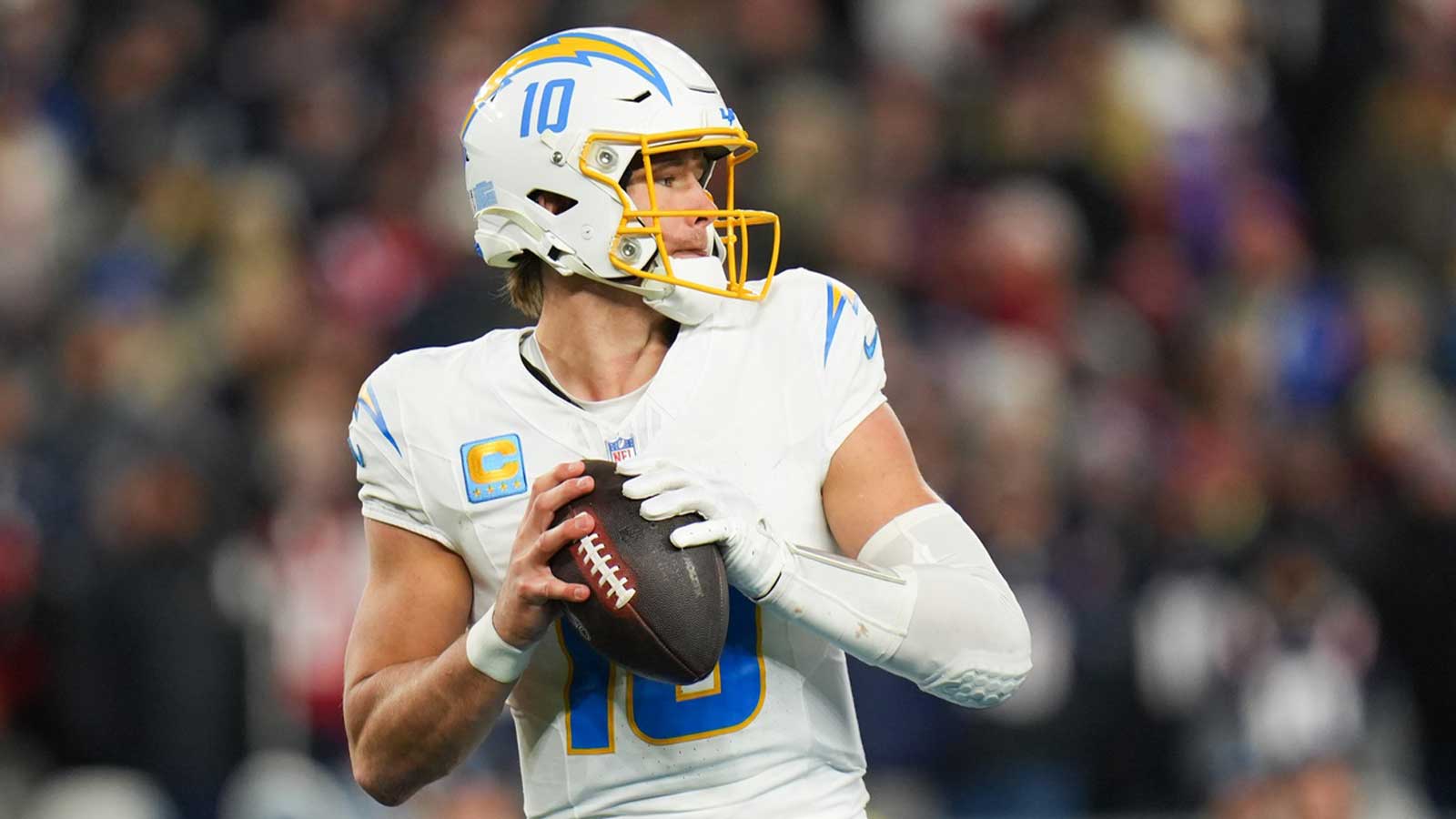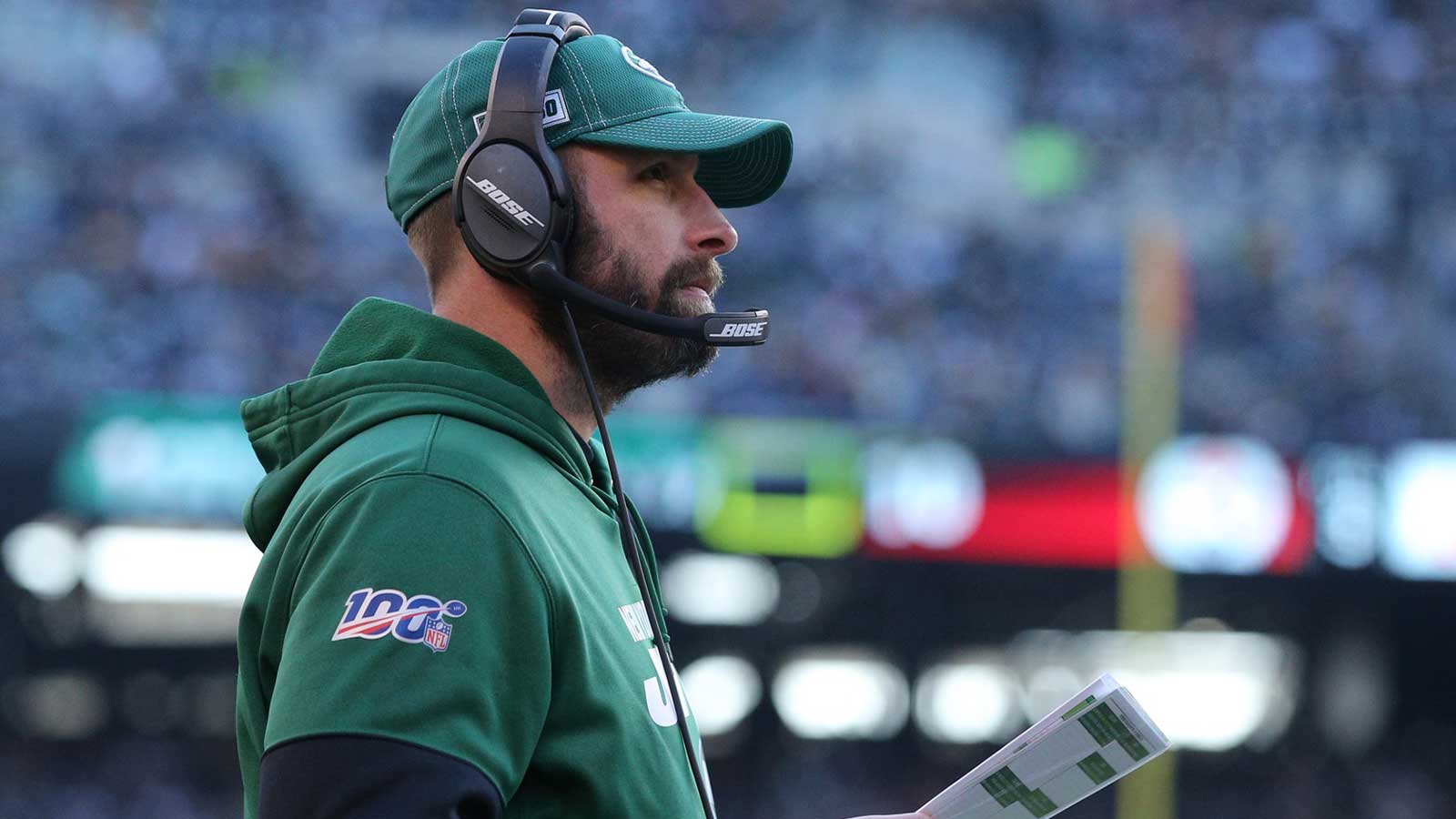This new wave of NFL quarterbacks that are taking the league by storm has absolutely set an absurd standard for QB play. With guys like Lamar Jackson, Patrick Mahomes, Joe Burrow, Jalen Hurts, and Justin Herbert setting records on what feels like a daily basis, it will be fascinating to see how the Los Angeles Chargers handle Herbert’s first payday.
There are two schools of thought here for the Chargers to reference in negotiations – the precedent that was set by Mahomes and the precedent that was set by Jackson with his new deal. With both QBs more than deserving of their big-money deals, that will drive how Los Angeles values their franchise signal caller.
Setting the Bar
Mahomes was the first QB to earn a big-money deal from this group, as he signed a 10-year, $450 million contract in July of 2020. With the window of competition wide open for the Chiefs across the entirety of this deal, they had no issue basically giving Mahomes the entirety of the bank to lock him up.
Hurts snuck in his deal around two weeks prior to Jackson’s deal and helped set the bar for what the Ravens’ QB would earn for a new deal. Once seen as a stop-gap option for the Philadelphia Eagles, Hurts has been nothing short of amazing, earning every penny of his five-year, $255 million deal.
For Jackson, he unfortunately had to fight harder for his deal, ultimately agreeing to a five-year deal worth $260 million. The Baltimore Ravens played a bit of hardball with their superstar QB, likely considering his injury history as one of the driving factors they were hesitant to hand him a deal.
These three deals can paint an effective picture of what to expect for Herbert’s deal, even if his play style includes a hybrid of Mahomes, Hurts, and Jackson.
Back up the Brinks truck
With both Hurts and Jackson earning deals with annual average values (AAV) north of $50 million, you know Herbert’s deal will be no less than that. Even if Herbert does the Chargers a favor and takes a discount, it’s hard to see his AAV being below $50 million.
For the sake of the argument, let’s say that his new deal nets him an AAV of $54 million, just barely resetting the market (until Burrow signs his deal). This figure has to fit into the future plans for the Chargers, and looking at Joey Bosa’s deal can help paint a good picture of how they plan to do that.
Bosa signed a five year, $135 million deal back in July 2020, and there have been mixed reviews so far. Only 20.5 sacks across three years is a bit low, and having failed to play a full season the past three seasons (12, 16, 5 games each) shows that Bosa has had some issues living up to his deal.
Based on the structure of the contract, the Chargers pushed his highest base salary figures to Years 2 and 3 of the deal, but his highest cap hits are in the final two years of his deal. Having received a restructure this offseason, Bosa still has a lot of money coming his way, so a deal for Herbert will need to take that into consideration as well.
With a contract structure that would see his annual cap hit grow to match the rising salary cap, Herbert will command a sizable chunk of each salary cap sheet for the entirety of his new deal, which doesn’t start until 2025. If the dollar figure is known, then the other aspect of the deal is how long the contract should be for.
Because Herbert and his team are smart, they will do whatever it takes to make sure his deal is for as long as it makes sense, which can intertwine with the length of the current negotiated CBA, expiring March 2030. Tying the deal to that would mean that Herbert would earn a five-year deal, which also would be on par with that of both Hurts and Jackson.
To purposely enter free agency at the same time as other star quarterbacks is a shrewd business move, especially when it also is the first year of the new CBA agreement which should see an influx of cash enter the league to spend on player contracts. Plus, this also creates a bidding war that will benefit these three QBs, so really it is a win-win for all three QBs involved.
At the end of the day, it would be surprising to see Herbert take a huge discount, if any, so projecting him for a five-year deal worth $270 million (with extra incentives that can get him to $285 million and $120 million guaranteed at signing) makes the most sense. Who knows – this contract could become peanuts in a year or two with the likes of Burrow, Trevor Lawrence and Justin Fields next in line for deals.
There really is no other option or outcome for the Chargers to entertain except for paying Herbert basically whatever he wants – it’s a blank check scenario. With a solid, young core on defense set up for a few seasons and a few building blocks surrounding Herbert on offense, locking in their franchise QB is the biggest domino yet to fall for the Chargers.

